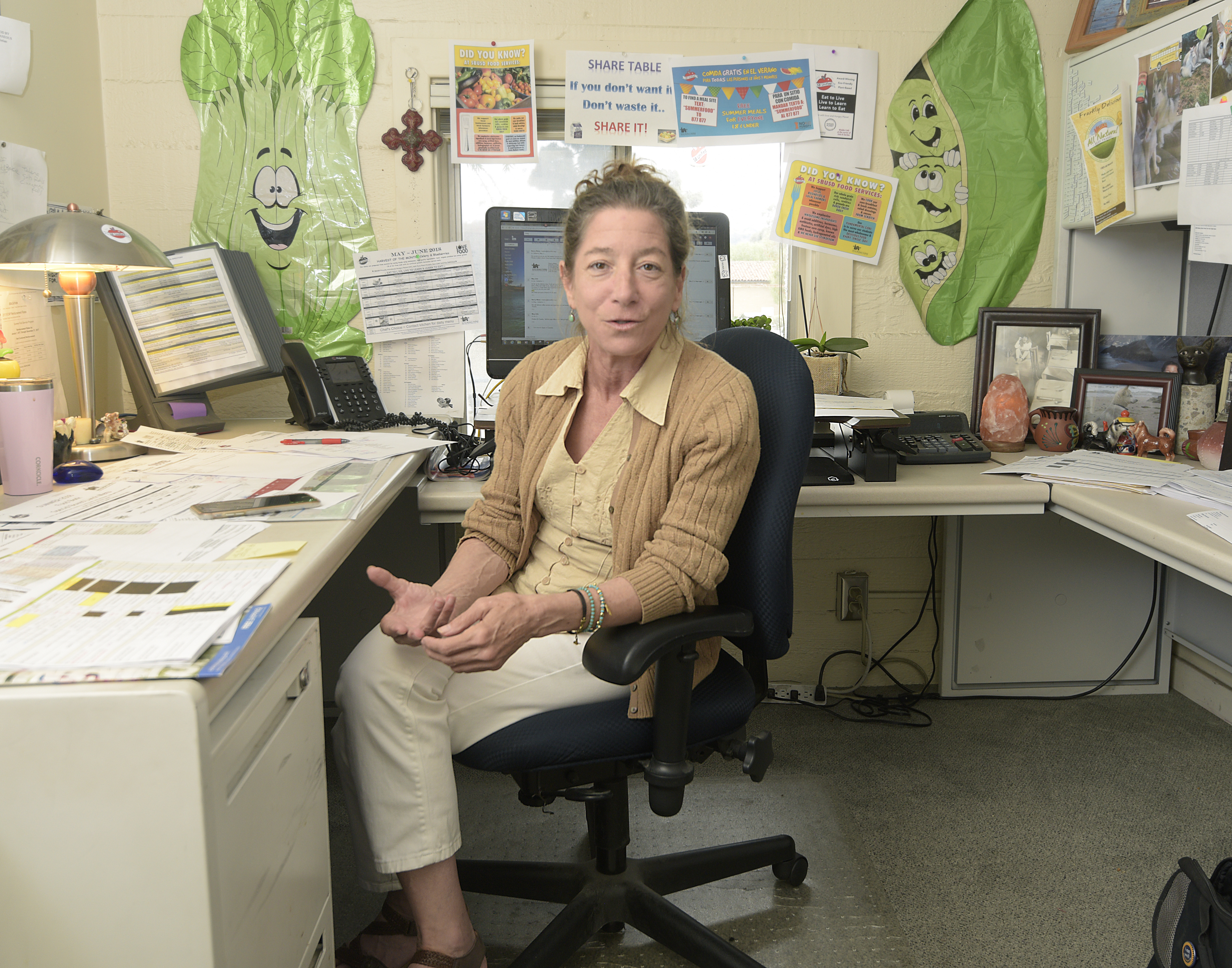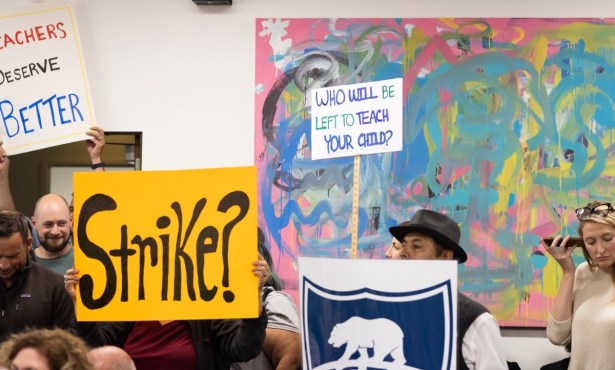Over 300,000 Free Breakfasts Went Unserved in SB High Schools
In USDA Snafu, Students Went Unserved at Santa Barbara High Schools

In a classic case of red-tape bureaucracy, a U.S. Department of Agriculture requirement meant to provide low-income K-12 students with free meals triggered the opposite — 300,000 free breakfasts went unserved in the Santa Barbara School District during the 2017-2018 school year.
The School Breakfast Program, a USDA program that provides free breakfasts to students who can’t afford it, requires at least 50 percent of families to be at or below the poverty level for the school to qualify for the program funding. If the level moves 5 percent in either direction, the USDA requires the school to “re-base,” or reestablish its poverty level. Seven SBUSD schools went up at least 5 percent, prompting re-basing at each school last year.
“Food stamps, CalWorks, and other assistance program usages spiked,” explained Nancy Weiss, SBUSD Director of Food Service. “MediCal is now also used as a measure of poverty, which caused the increase.”
To track the number of kids getting free breakfasts, the USDA requires students to type in their student identification number before receiving their meals. This caused a major meal wait time at three of the seven schools — Dos Pueblos High School, Santa Barbara High School, and San Marcos High School.
The lines became so long for high schoolers waiting to punch in their ID number that they skipped breakfast all together. Because the USDA reimburses the district based on the number of ID punches, the district’s Food Service Fund lost more than 50 percent of its revenue — or $606,000. For the first time in over a decade, the deficit had to be supplemented with money from the district’s General Fund.
“This is an unintended consequence of the federal government,” Boardmember Laura Capps said. “At a minimum, this needs to be flagged so we can let whoever is responsible know this happened.”
That is exactly what Weiss is doing.
“The issue is that all three high schools re-based at the same time,” Weiss said. “I’ve already reached out to the [USDA]. Perhaps we need to appeal for a staggered re-basing schedule when multiple schools need it at once. If one school re-based at a time, we’d never have this big of a deficit.”
The Independent reached out to the Goleta and Carpinteria School Districts for comparisons to their respective food programs, but they did not respond.



